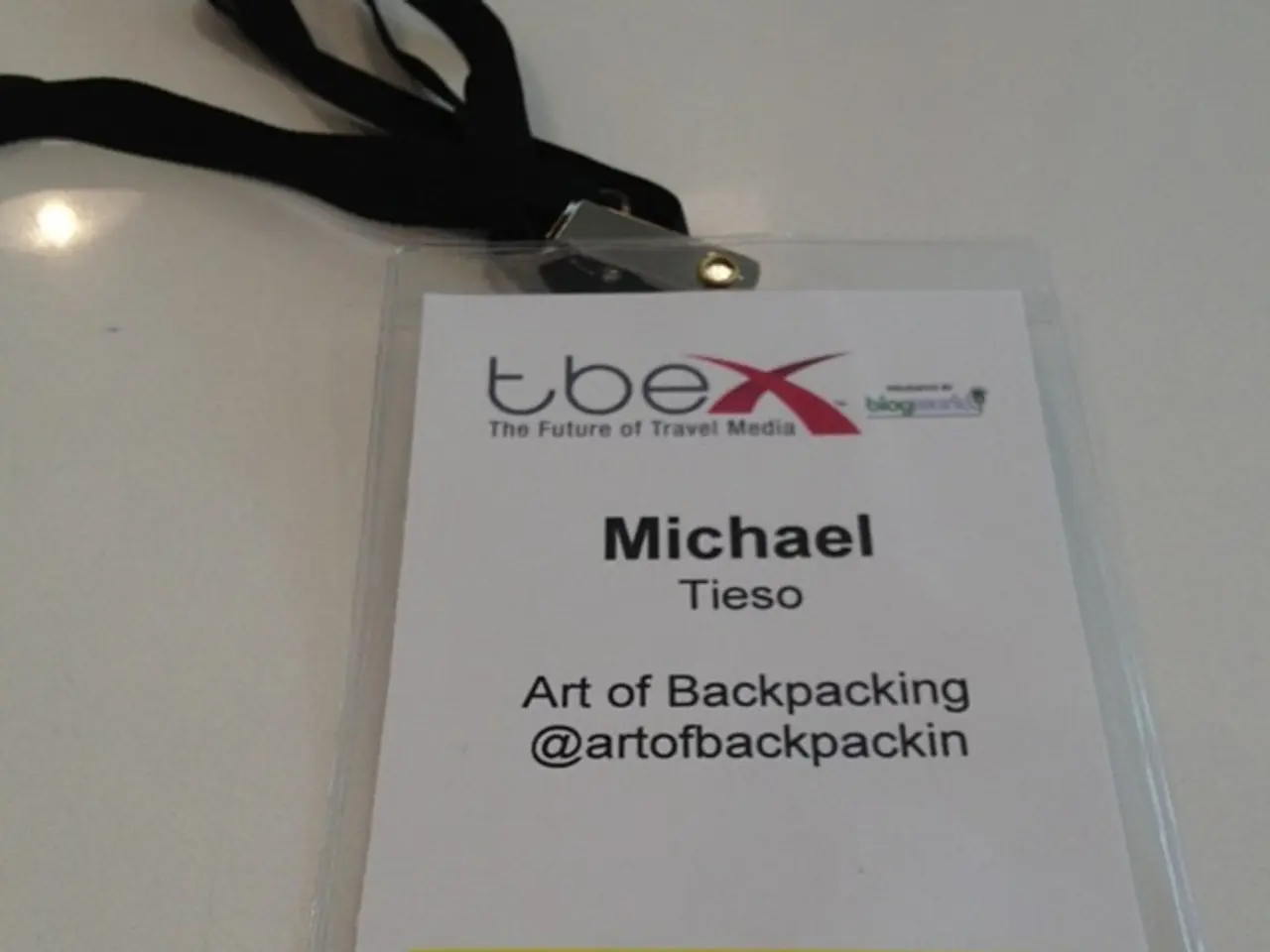Canada imposes trade barriers on imported steel to safeguard domestic steel manufacturers
## Title: Canada Introduces Steel Import Restrictions to Protect Domestic Industry
In a bid to safeguard the domestic steel industry and maintain a level playing field in the global market, the Canadian government has implemented new tariff quotas and restrictions on steel imports. The changes, which came into effect on June 27, 2025, are a direct response to the U.S.'s imposition of a 25% tariff on Canadian steel in March of the same year.
### Tariff Rate Quotas (TRQs)
Canada has introduced Tariff Rate Quotas (TRQs) on steel imports from countries without a free trade agreement (FTA) with Canada. The quotas apply to five categories of steel: flat rolled products, pipe and tube products, and stainless steel. A 50% surtax is imposed on imports exceeding the specified thresholds from non-FTA partners.
### Tariff Rate Quotas for FTA Partners
Effective August 1, 2025, TRQs will also be extended to countries with FTAs in place with Canada, except for certain specific imports.
### Additional Tariffs
An additional 25% tariff will be imposed on steel imports from any non-U.S. country if the steel was melted and poured in China. This measure aims to curb the influx of cheaper foreign steel into Canada.
### Impact on Countries Without FTAs
The new tariffs and quotas will increase the cost of exporting steel to Canada for countries without an FTA. The 50% surtax on excess imports and the 25% tariff on China-origin steel will discourage imports above the quota limits and from countries associated with China-produced steel.
### Purpose and Reviews
The purpose of these measures is to stabilize the Canadian market and prevent harmful trade diversion. The quotas and tariffs are subject to periodic review to ensure their effectiveness and appropriateness in response to evolving market conditions.
In addition to these measures, Canadian Prime Minister Marc Carney has prioritized the use of domestic steel in major construction projects and residential housing. Carney stated that it is time to modernize the steel industry to effectively adapt to new conditions. Regular policy review is planned in this area.
These actions are part of Canada's efforts to protect its domestic steel industry and ensure its ability to compete effectively in the global market. The changes aim to stabilize the domestic market and adapt the steel industry to changes in the global trade arena.
Canada's steel import restrictions, which include Tariff Rate Quotas (TRQs) for countries without a free trade agreement (FTA), and an additional 25% tariff on steel imports from any non-U.S. country if the steel was melted and poured in China, are being implemented to protect the domestic industry. These actions are also aimed at maintaining a level playing field in the global market, specifically in relation to finance, politics, and general-news sectors, as they may influence the trade dynamics and competitive positioning of Canadian steel manufacturers.




